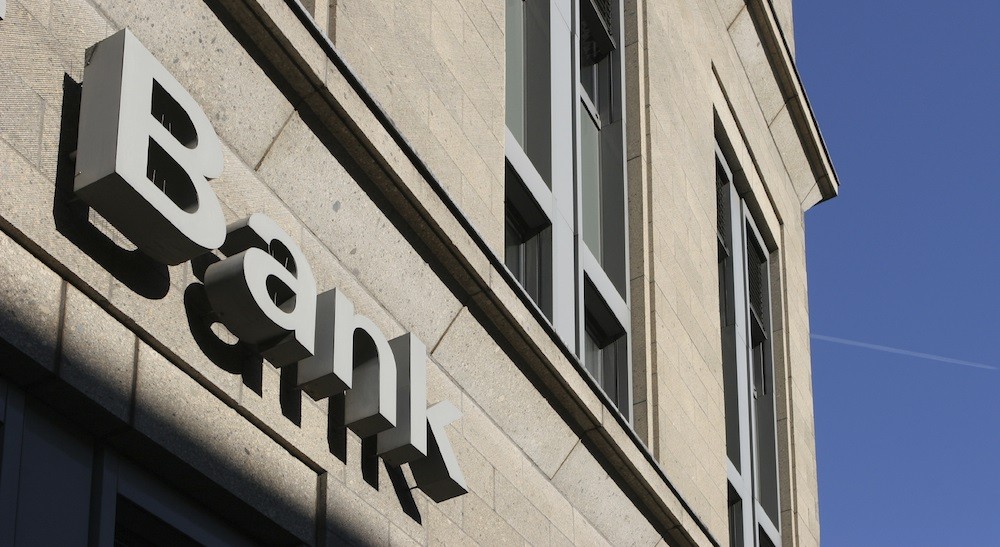A recent Banking survey report has revealed that the impact of the pandemic on the performance of loans and other financial instruments is expected to linger until 2023.
According to the report, the coronavirus pandemic with its associated economic mishaps forced banks to do more for their clients including reduction of interest rates, deferral of interest payments and in some cases, deferral of principal payments
“One in every two bank executives (50%) interviewed alluded that credit operations has been worst hit by the COVID-19 crisis”.
As an immediate response to the crisis phase, the report asserted that all banks responded to the pandemic by adopting enhanced digitisation in their operations in order to cushion against the forecasted decrease in operational results.
Continuing with the new way of doing business appeals to 69% of the bank executives surveyed as the investments made in technology and capacity building of staff would flow into their rescripted strategy aimed at staying ahead of competition in an evolved banking sector.
However, 67% of respondents indicated that they had to “defer the disbursement of loans as a measure to manage the liquidity of the banks; informed by drop in deposits and low-to-no economic activity,” the report added.
Although, the Bank of Ghana has intimated that non-performing loans (NPLs) declined marginally to 14.8 percent to close the year 2020 showing some signs of recuperation, its quite high compared to 14.3 percent recorded same period the previous year. Likewise, in 2020 Q1, NPL ratio ranged between 13.6 percent and 14.5 percent, which is also comparatively lower.
Additionally, the Central Bank has affirmed that this marginal increase in NPLs in the banking sector was as a result of the implementation of the COVID-related regulatory reliefs and policy measures, aimed at supporting lending activities, with most banks placing moratorium on loan repayments.
This allows borrowers to temporarily put off their monthly payments without increasing their interest or defaulting on their loans as a strategy to provide support to individuals and businesses amid the COVID-19 crises that has inflicted economic hardships affecting the livelihoods of many.
“Banks provided support and reliefs in the form of loan restructuring and loan repayment moratoria to cushion 16,694 customers severely impacted by the pandemic. Total outstanding loans restructured by banks as at December 2020 amounted to GH¢4.47 billion, representing some 9.4 percent of industry loan portfolio.

“Loan loss provisions grew by 28.0 percent, higher than the 23.6 percent a year ago reflecting elevated credit risks in 2020,” the Bank of Ghana mentioned.
“A total of over GHS 3 billion which should have been received by banks as loan repayments between March and June 2020 was not received as a result of the restructuring and reprofiling of loans to customers for instance,” said John Awuah, Chief Executive Officer, Ghana Association of Bankers.
Finally, the report indicates that based on the survey undertaken, the importance of banks and other financial intermediary entities cannot be overemphasised in fighting this pandemic by contributing to restoring and getting the economy back on track.
“The banking industry has kept faith with the regulator and the central government in ensuring the economy at large sails through this pandemic with minimal negative impact”.
Performance Performance























